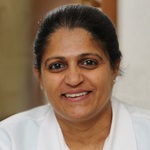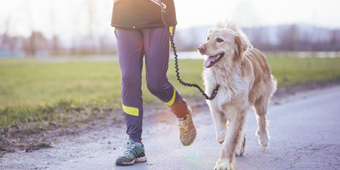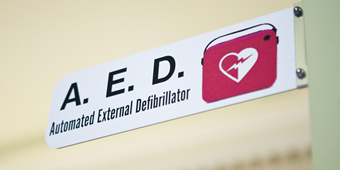Your Secret Fountain of Youth: Staying Active
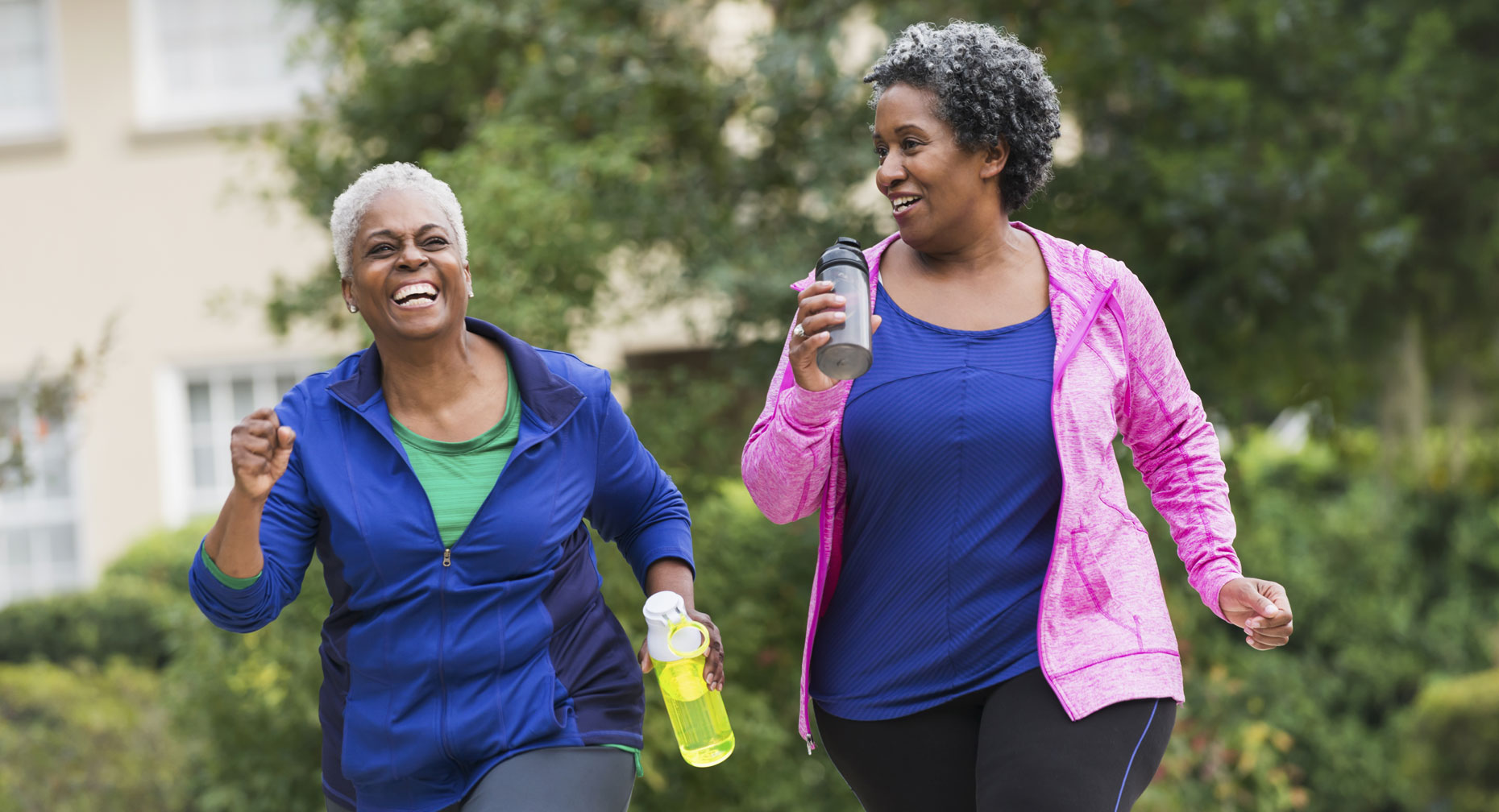
Answer a few questions and we'll provide you with a list of primary care providers that best fit your needs.
Despite the best efforts of explorers and scientists, no one has yet discovered a secret fountain of youth. Physical activity, however, is the closest thing we have to a magic solution.
No matter what your age, it pays to keep moving! In fact, physical activity is one of the most important lifestyle choices you can make to positively affect your health. “It’s not ‘normal’ to slow down as you get older,” says Anjana Shah, MD, Fairfield Road Physician Offices. “You still should be able to do many of the same physical activities that you could do a year ago.”
Being active can relieve tension, anxiety, depression and anger.
With obesity and poor diet becoming more and more common, younger adults can experience some of the same health issues that are traditionally associated with aging. “Making exercise a habit at a young age can prevent many of these issues from developing altogether, and result in a long and healthy life,” Dr. Shah advises.
Take the first step by talking with your doctor, then get moving to: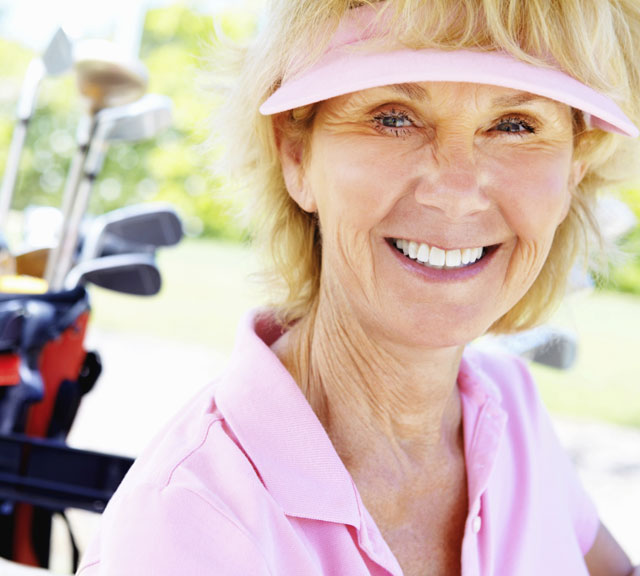
- Control your weight: If you’re trying to reach or maintain a healthy weight, diet and physical activity play a big part. The American Heart Association and the National Institute on Aging both recommend at least 150 minutes of moderate-intensity activity each week — that works out to 30 minutes at least 5 days a week. Or break it down into three 10-minute sessions, which is just as beneficial and may fit better into a busy schedule.
- Reduce your risk of cardiovascular disease: Too much sitting can increase your risk of heart attack, stroke, heart failure and other diseases of the heart and blood vessels. According to the American Heart Association, one study showed that adults who watch more than four hours of TV daily have an 86 percent increased risk of death from these causes. When you’re more active, it helps lower your blood pressure and boosts your levels of good cholesterol.
- Strengthen your bones and muscles: As you age, it’s especially important to protect your bones, joints and muscles so you can keep up with daily activities and remain physically active. Regular exercise lowers the risk of hip fracture and helps ward off arthritis pain.
- Lift your mood: Being active can relieve tension, anxiety, depression and anger. Chances are you’ll notice a greater feeling of well-being after physical activity — and you may sleep better, too.
- Reduce your risk of some chronic diseases: Moderate-intensity aerobic activity can help you avoid type 2 diabetes, and also metabolic syndrome — when you have some combination of too much fat around the waist, high blood pressure, low HDL cholesterol, high triglycerides or high blood sugar. Even if you already have type 2 diabetes, regular physical activity can help you control your blood glucose levels.
- Reduce your risk of some cancers: Physically active women have a lower risk of breast and colon cancer.
- Lower the risk of falls: Balance, flexibility, strength and endurance all come from physical activity and play a big role in preventing falls.
Answer a few questions and we'll provide you with a list of primary care providers that best fit your needs.
Source: Anjana Shah, MD, Fairfield Road Physician Offices; American Heart Association; Centers for Disease Control and Prevention; Premier HealthNet: Exercise: One Secret to a Long and Health Life


